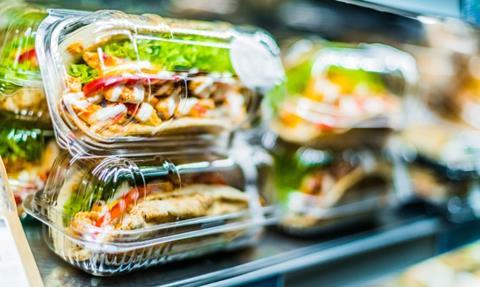The UK has seen its biggest increase in food prices for more than 45 years, whilst for the 12-month period ending 31st March, overall inflation has fallen slightly to 10.1%.

Rising costs in transport, poor harvests in both Europe and North America and post Brexit issues, plus the continuing war in Ukraine and a weak pound, are contributory factors.
Speculation remains that the Bank of England may once again push up interest rates in May in its continued efforts to squeeze inflation by reducing the money available for consumer spending.
Chief economist from the Office for National Statistics (ONS), Grant Fitzner, which provided the latest figures, told the BBC on Radio 4’s Today programme, that: “Globally, food prices were falling, but that had not yet led to price cuts.”
He added: "There has been some strong upward movement in food prices and you would expect to see that reflected in supermarkets, but we're not there yet."
Karen Betts, chief executive of the Food and Drink Federation, said earlier this year: "The increased costs of ingredients, energy, packaging and the movement of goods in and out of the UK alongside the relative weakness of the pound have only made the situation worse for UK manufacturers."
According to recent figures from the ONS, beef and veal has increased by 14.8%, lamb and goat by 6.4%, poultry by 18.0%, ready-made meals by 20.9% and pork by 25.2%.
Current inflation in the UK remains higher than in other Western countries with larger economies, including the US, Germany, France and Italy. On Wednesday, new figures showed eurozone inflation eased to 6.9% last month, from 8.5%.
Commenting on the latest news Chancellor Jeremy Hunt said he was still confident that inflation would fall sharply by the end of this year.
This story was originally published on a previous version of the Meat Management website and so there may be some missing images and formatting issues.












